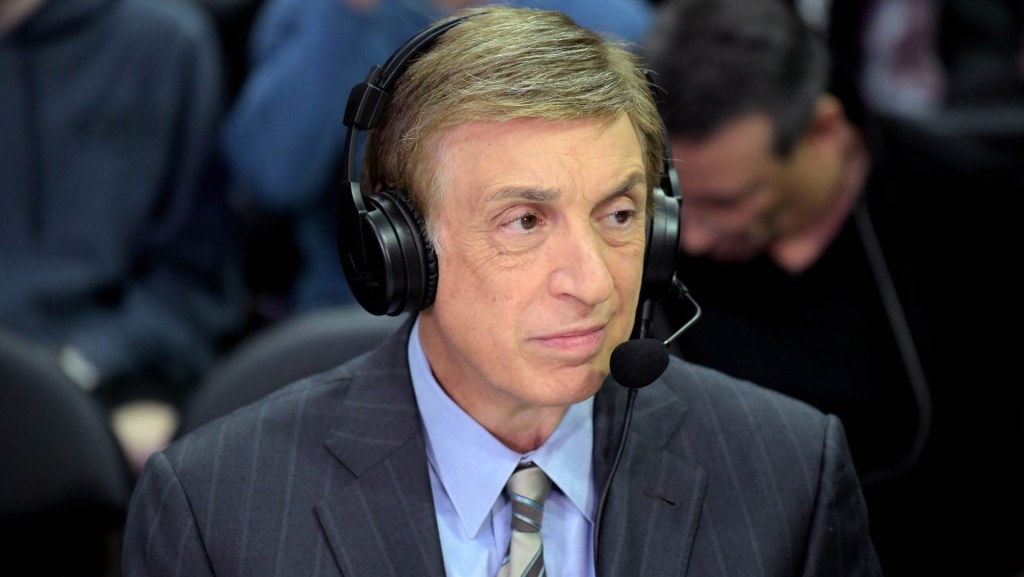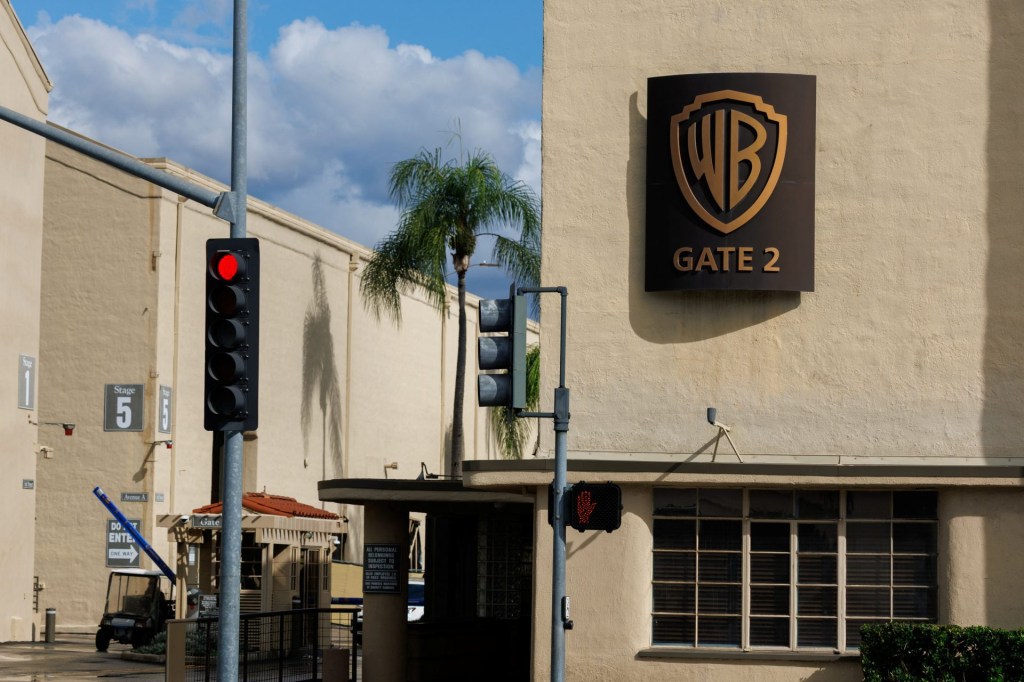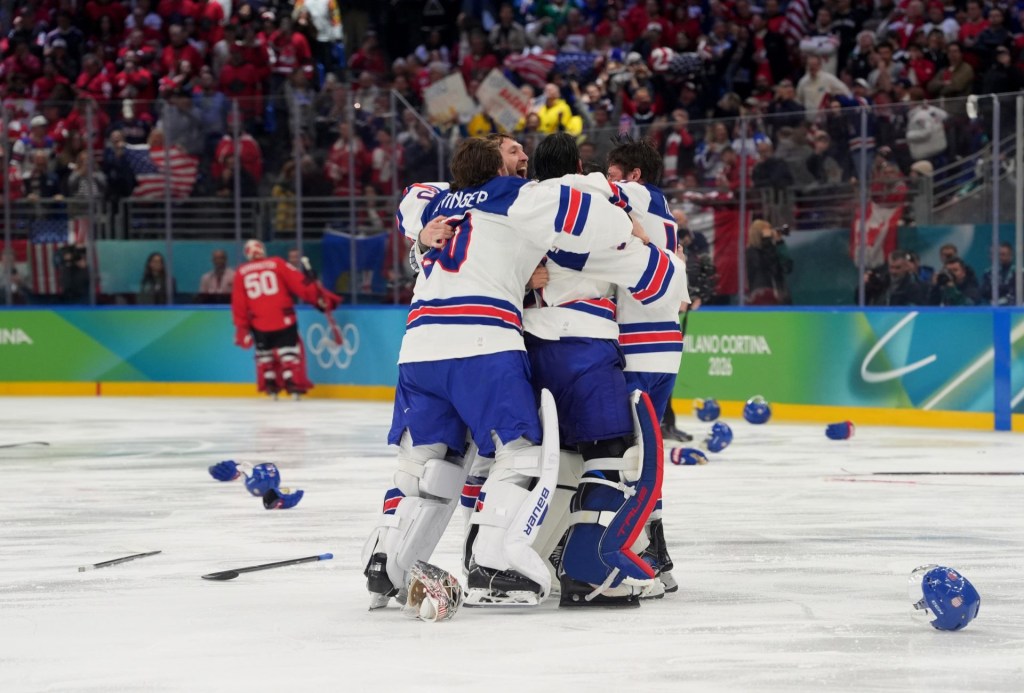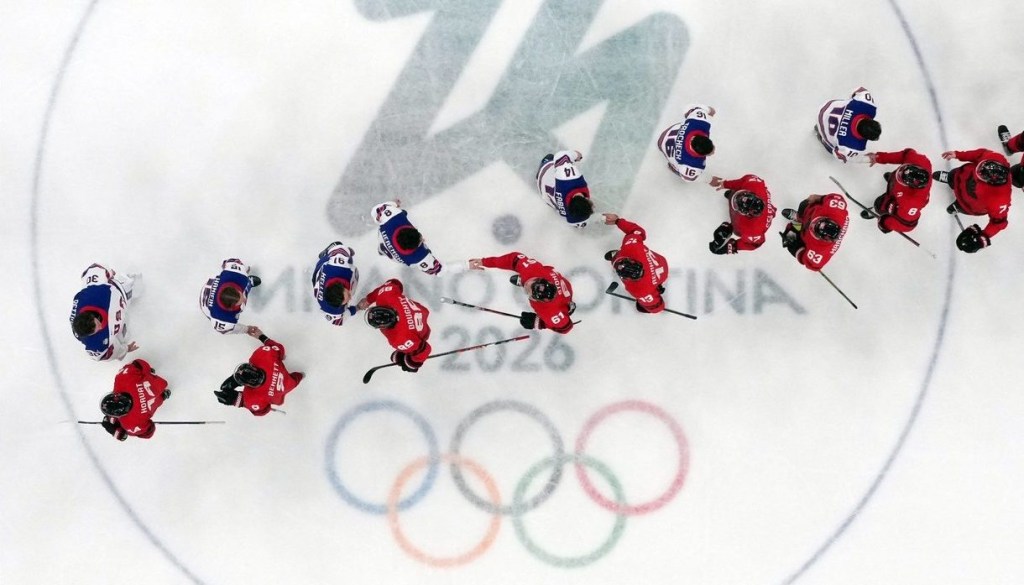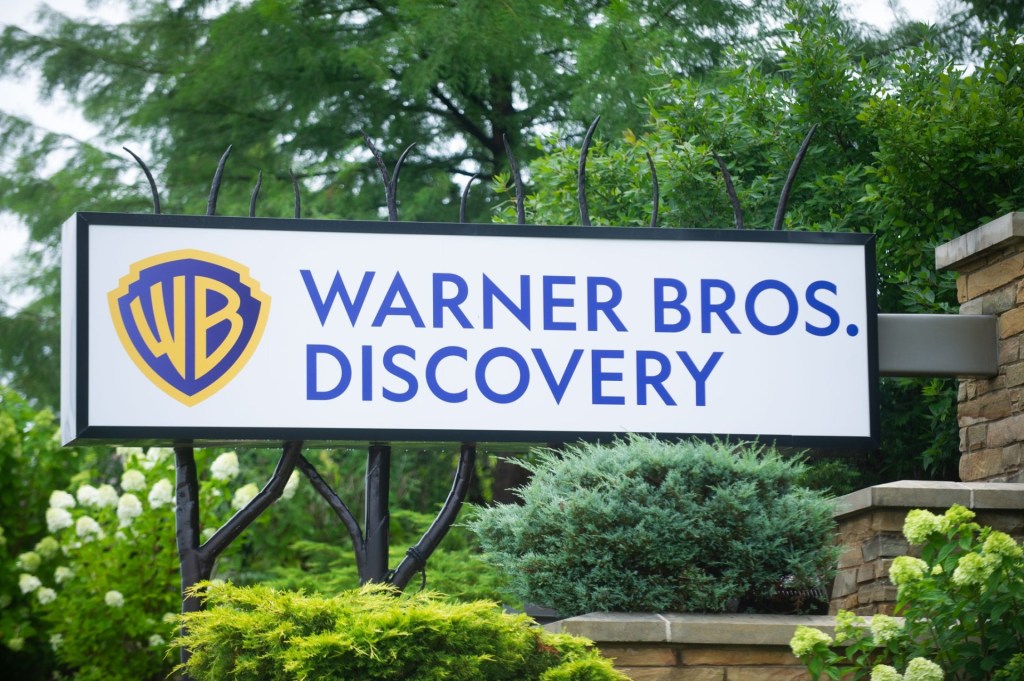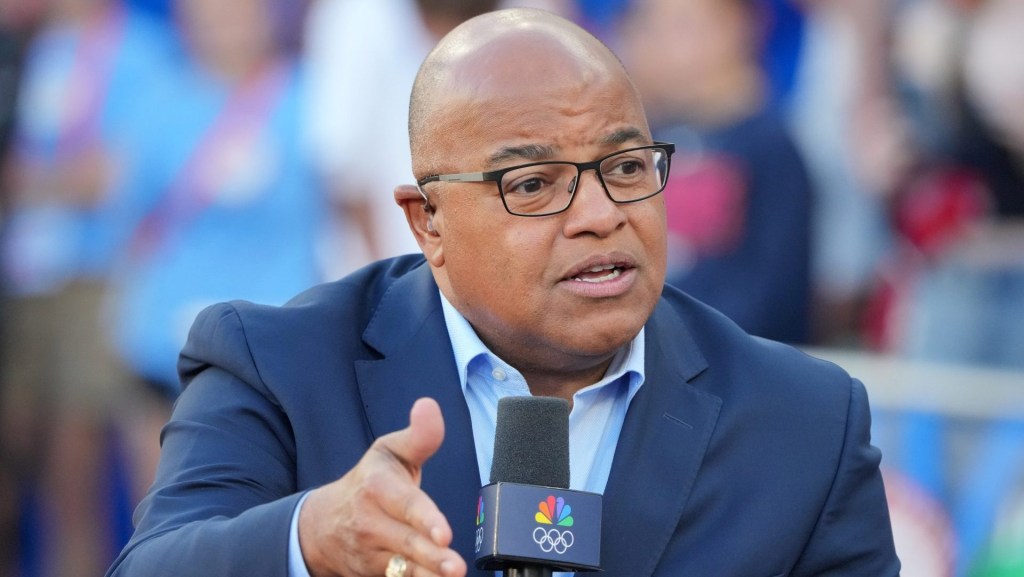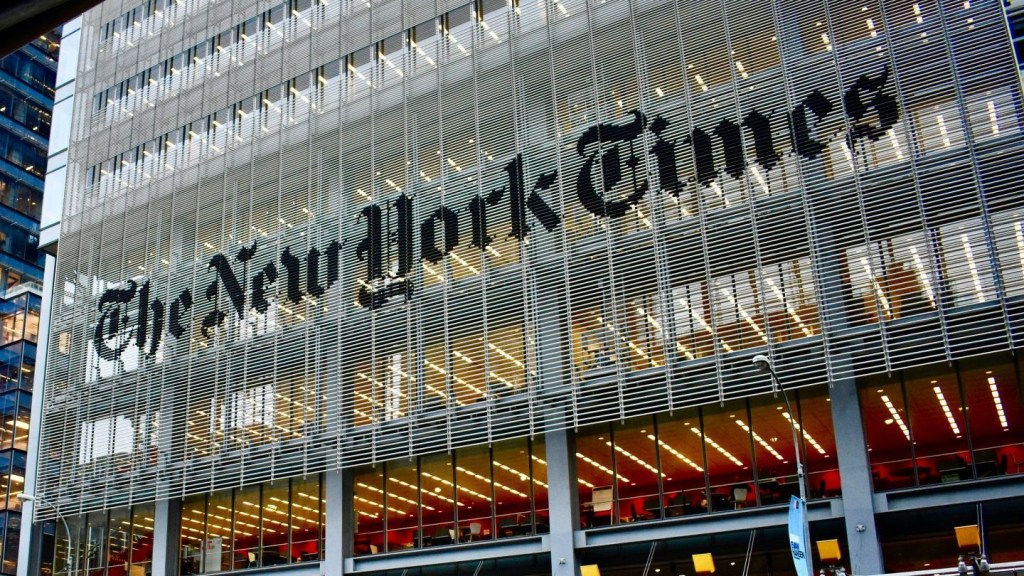The ongoing NFL Sunday Ticket trial in Los Angeles may be drawing closer to a conclusion entering its fourth week, as the league continues its efforts to fend off an antitrust lawsuit that could ultimately cost $21 billion and, perhaps more important, put a major wrench in a longtime, lucrative media-rights strategy.
Closing statements could come this week, with the last scheduled witness, an economist from Stanford University, set to finish his testimony Monday. Other witnesses who have taken the stand include NFL commissioner Roger Goodell (above) and Cowboys owner Jerry Jones. Patriots owner Robert Kraft was among those to give a deposition.
Trial Twists and Turns
For those getting caught up on the situation, here are some of the major storylines that Front Office Sports has been following:
- The NFL wouldn’t let ESPN, which wanted to bid for Sunday Ticket, drastically reduce the price of the package.
- Goodell took a shot at the quality of NFL Network game broadcasts.
- The league entered the trial with an uphill battle.
- Testimony from key figures like Goodell and Jones showed the gravity of the situation.
U.S. District Judge Philip Gutierrez, who is overseeing the case, last week said he was upset with how the plaintiffs have handled the lawsuit, which in his mind has become too complicated.
“This case has gone in a direction it shouldn’t have gone,” Gutierrez said. Should the case go to a jury verdict, and the NFL loses, the league will still be able to appeal all the way up to the Supreme Court, if it chooses to do so.
Where Did This Begin?
The Sunday Ticket lawsuit was originally brought forward by a pub in San Francisco called Mucky Duck in 2015. The bar felt it was being taken advantage of by the league when purchasing the out-of-market package of games. But its owner, Jason Baker, has not testified in the case. Now, it is a class action suit, which can be viewed here, and includes many other restaurant owners and individual citizens as plaintiffs.
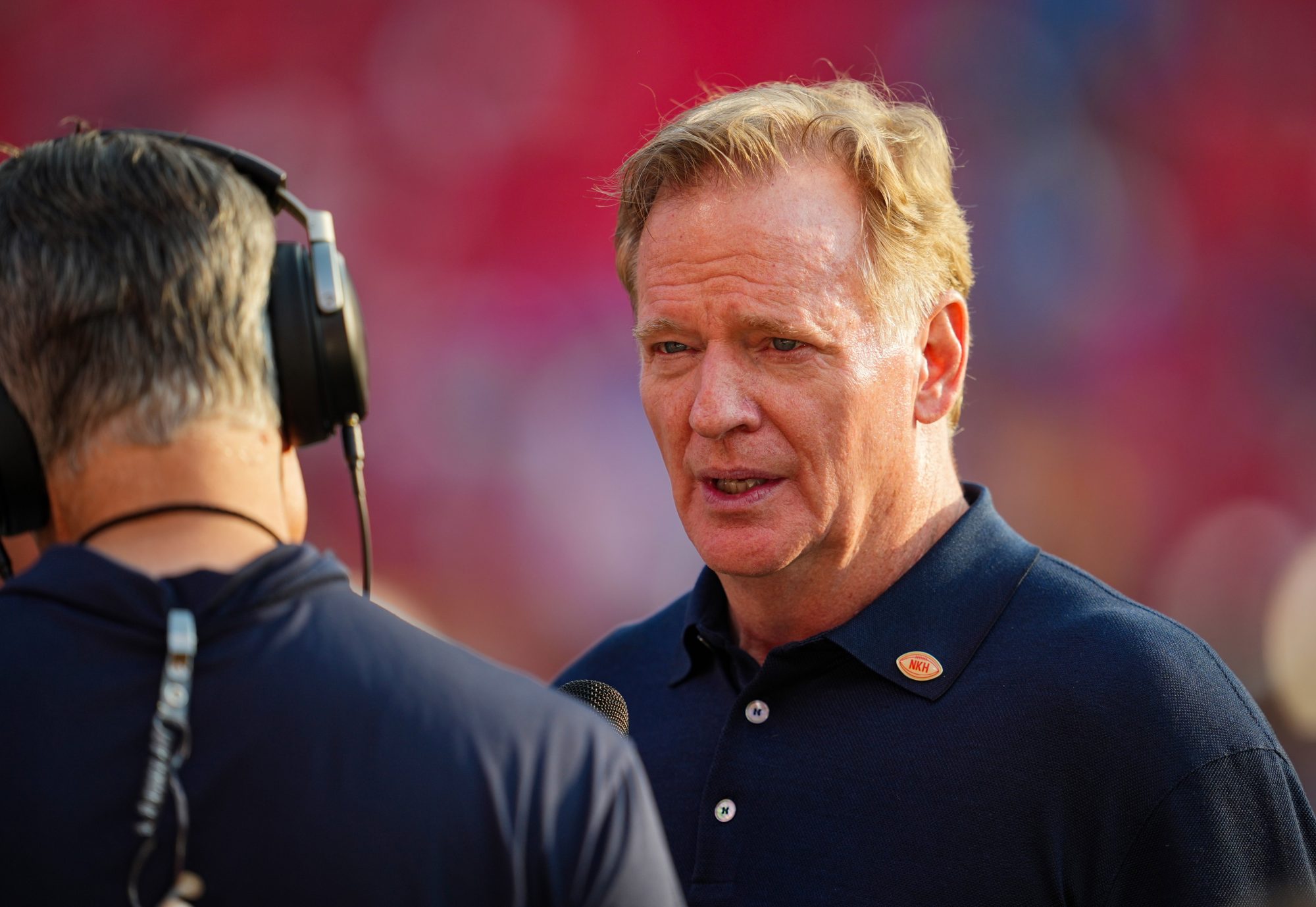
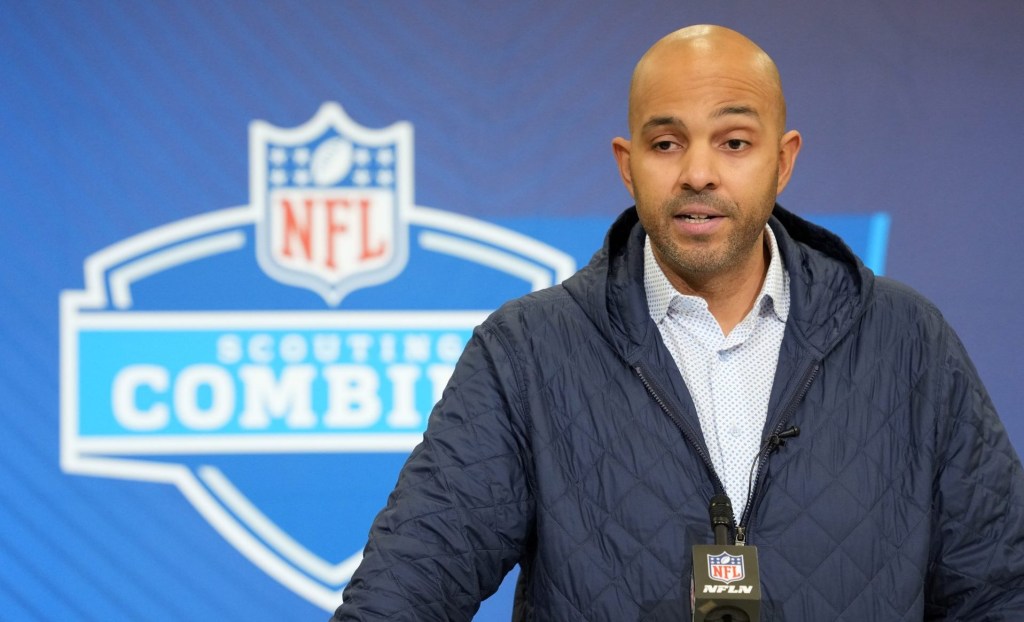
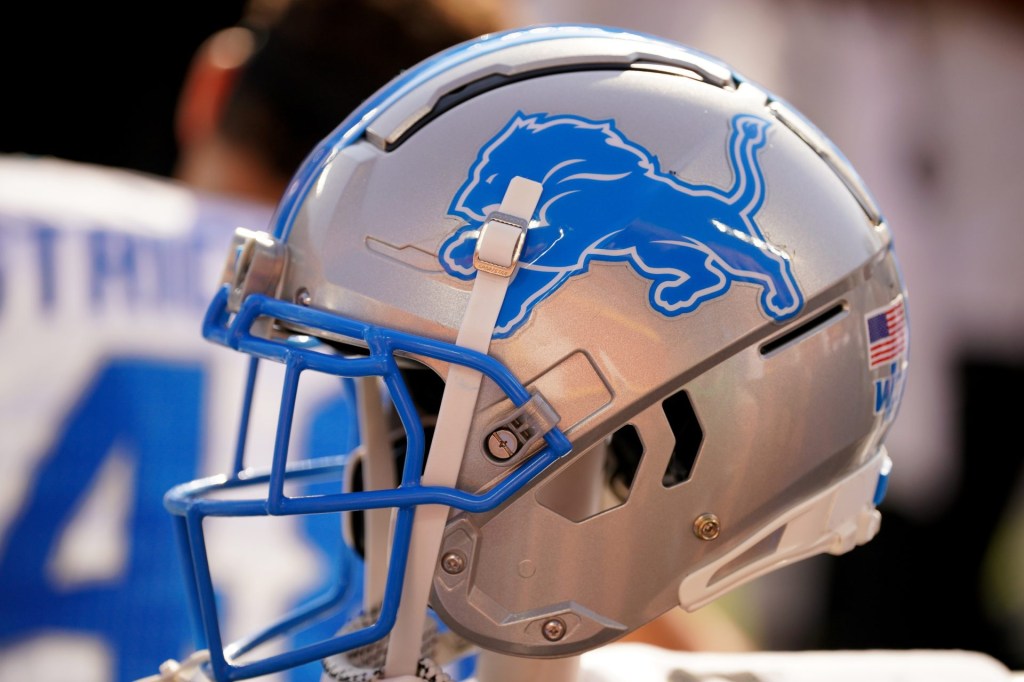
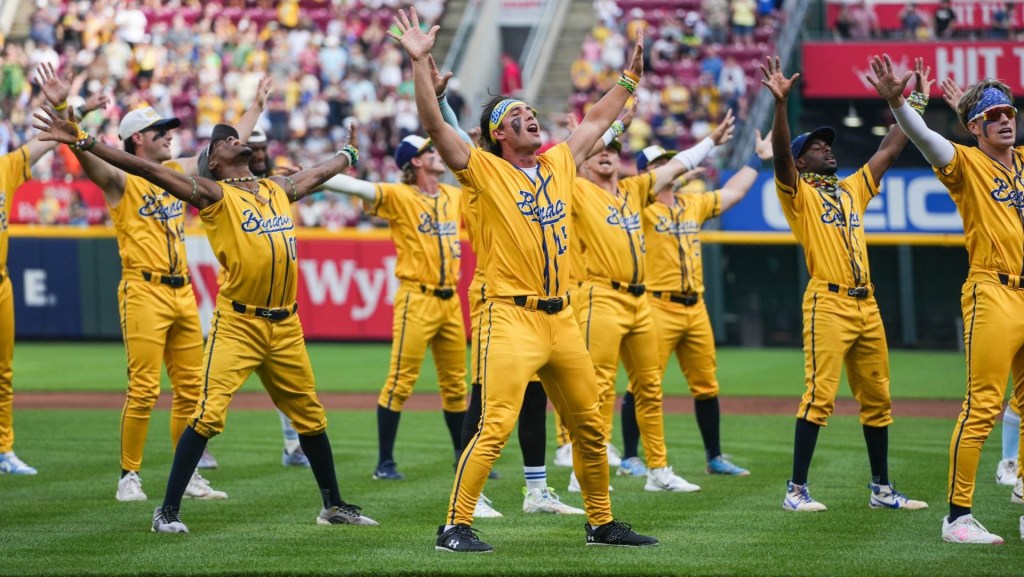
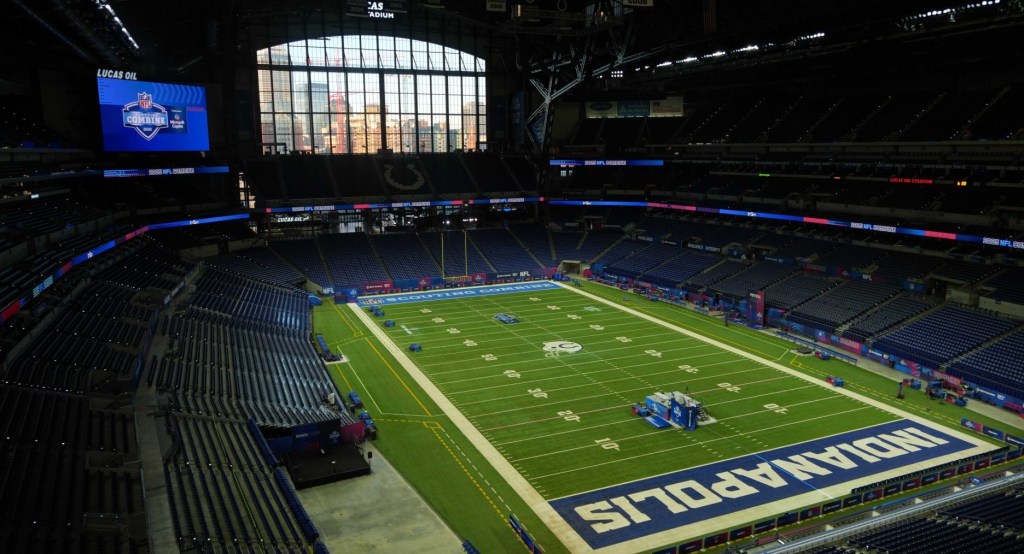
![[Subscription Customers Only] Jul 13, 2025; East Rutherford, New Jersey, USA; Chelsea FC midfielder Cole Palmer (10) celebrates winning the final of the 2025 FIFA Club World Cup at MetLife Stadium](https://frontofficesports.com/wp-content/uploads/2026/02/USATSI_26636703-scaled-e1770932227605.jpg?quality=100&w=1024)



